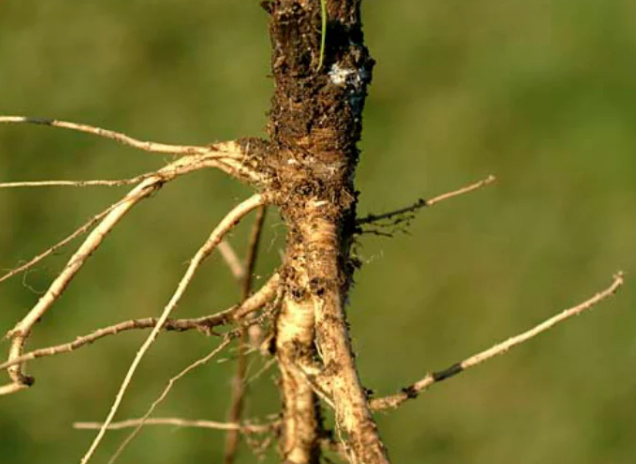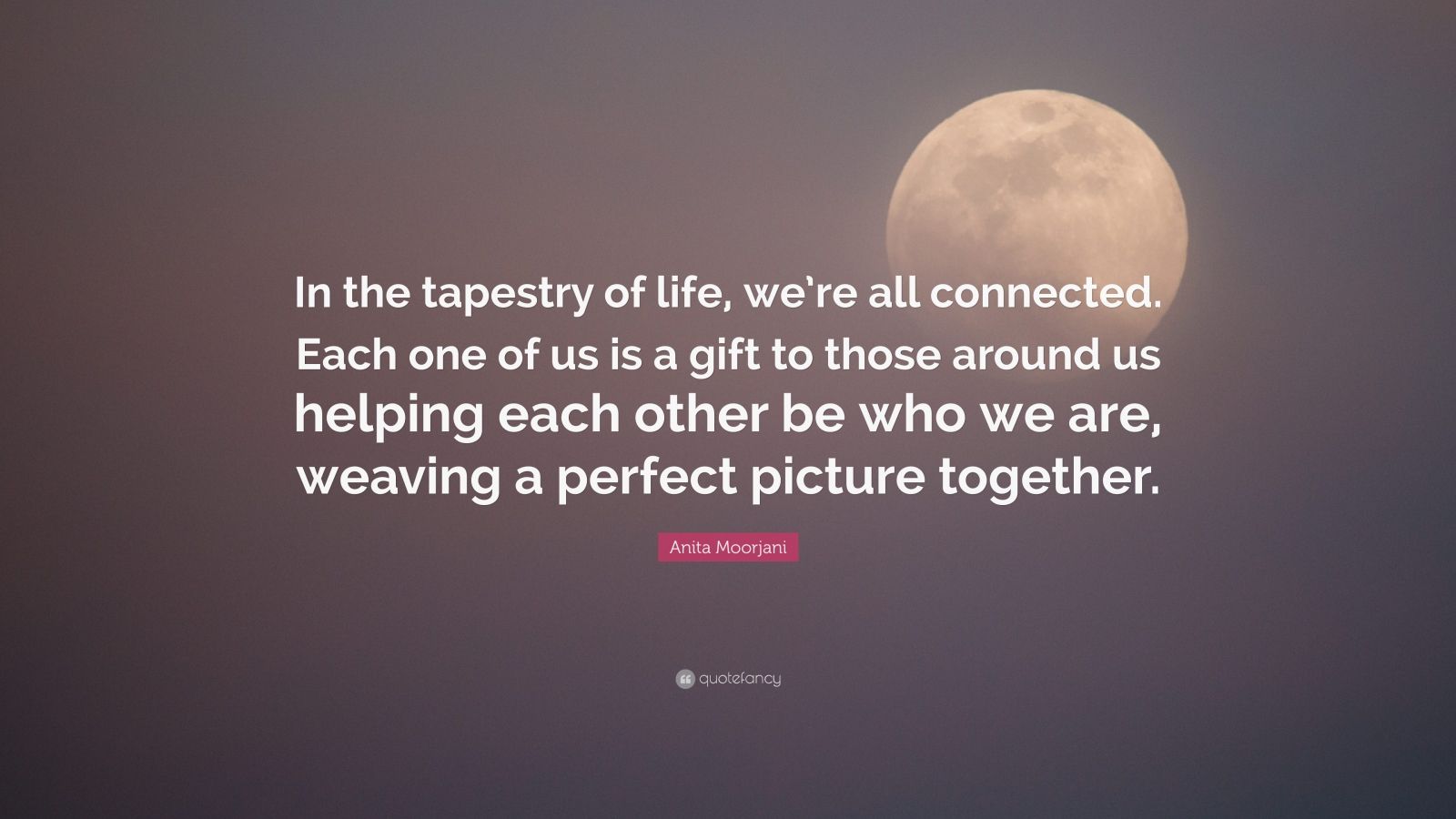Amen! How this got to be “a thing” amazes me. 
Is Fiber Really Beneficial? Amber O'Hearn Flips an Assumption on Its Head
There were whole websites that BELIEVED this. Ever hear of this guy:
https://www.freetheanimal.com/
Was absolutely convinced at the time that resistant starch was great and excoriated low carb people (like me) who came to the site and were not so convinced.
I mainly used starches like potato starch, so I wasn’t too concerned about heating and cooling. And, the data on heating and cooling potatoes is not great (like the rice).
Though, if I’m offered a “loaded potato” (potato, butter, sour cream, chives usually), with my steak, I’ll sometimes eat some of it. Usually, about half.
I don’t know why it seems more congenial to human psychology to look for pills and panacaeas, rather than to simply eat right in the first place. The obsession with fibre (and the other stuff we’ve talked about in this thread) appears to be part of this. People will go to greater lengths to get the right amount of the right supplement than they will to eat so as not to need the supplement in the first place. I guess eating properly just isn’t as much fun.
Here’s what I think happens. You find a group of people (such as hunter-gatherers) who eat a certain way and believe they eat the “best” way. Tiger nuts are an example. Some group of people live on those and have good health results (let’s ignore all the other distinguishing features of their lives as compared to ours). It must be the fiber.
Same with Kitavans, those miracle people who have no heart disease even though 70-80% of them smoke. They eat high fiber starches, so that’s what must be protecting them.
Then apply that to us. How do we get the same amount of starch? It’s really difficult, because we keep breeding starch out of everything. Our sweet potatoes aren’t anything like what the Kitavans eat.
Thus was born the idea of resistant starch. And there are studies in people eating high carb diets where resistant starch has some benefit, such as lower HbA1c.
And then you start getting into so-called “good” and “bad” bacteria, and the theory was you could manipulate the bacteria to get more “good” and less “bad” bacteria to grow.
So, you have a bunch of interconnected theories that - if you don’t look too hard - sound reasonable. It’s like the LDL hypothesis: sounds reasonable as long as you don’t look for any Black Swans.
That’s why I tested it. And I wasn’t much impressed.
But even I wonder about supplements. While I take many fewer supplements now than I did when I started about 7 years ago, I still take some, as I cannot “know” whether I’m getting enough of anything. My former doctor (Cate Shanahan) recommended taking daily zinc and some other minerals, as she didn’t think food provided enough of those.
If there was a test I could take to determine what I’m getting and what I really need, I wouldn’t take supplements. But, since no such test does that, I do take Zn, Mg, Vitamin D, Se, and more. I just use “infrequent” dosing of these – take them sometimes, maybe 1-2 times per week.
I guess if I thought there was a benefit to resistant starch, I’d dose that similarly.
Ok, my “lunch” (first meal of the day) is over, and I have to get back to work. 
If whole grain bread is so healthful, why do they have to add so much other stuff to end up with a loaf of bread?
Scrambled eggs with butter, heavy cream and salt… ( Whole grain bread without the whole grain and sugar )…
It’s very difficult to see the whole picture. It’s why Gary Taubes says that nutrition science is so difficult to do. And once a mental picture grabs hold of us, it can be very hard to shake it off. Artery-clogging saturated fat is such a natural image that we find it difficult to question. Just as—if I didn’t know better—I’d say that fire trucks must cause fires, because you always see them at fires. After all, why else would they be there?
And I’m not making mock by saying this. Given the ridiculously large number of confounders where nutrition is concerned, it’s very hard to think of reasons that an observed association may not be causal. Some of those confounders may be unknown to us, as yet. After all, when the only technique we had for assessing food intake was bomb calorimetry, the idea that hormones might have something to say about what our bodies would do with our food was hard to conceive of.
And that’s why we need to keep looking for black swans. It’s when people keep pointing them out, and others keep ignoring them, that I start to get angry.
I’d bet that most of our ‘n=1’ personal experimentation and different results are due to confounders. I’d further bet that individual metabolic stress/damage, it’s extent, severity and longevity, is the primary confounder and genetics the secondary confounder. Other confounders would include overall lifestyle right down to how long you sit or walk or watch TV or a computer monitor each day. I don’t think it’s even possible to account for all the potential confounders so it’s somewhat amazing that we know anything at all about anything health-wise and nutritionally speaking beyond some rudimentary facts.
Be careful with the underlying assumptions, however. For example, suppose sitting at a computer screen all day is actually more helpful to the body than going for a walk for an hour or two? I’m not saying that actually is true, but how do we know it’s false? For some questions, “it stands to reason” is not an accurate guide.
For instance, a statement such as “It stands to reason that elevated insulin levels cause damage over time,” is not guaranteed to be true. We don’t know it to be true, until we measure a lot of people for quite some time, or find some other way of demonstrating what damage, if any, is caused by elevated insulin. Once it has been demonstrated by experiments that insulin causes damage, then we can say, “This elevates insulin levels and therefore probably causes damage.”
The problem with lipidology, for example, is that the initial evidence that saturated fat (now changed to LDL) caused cardiovascular disease is now known to be inadequate, but we still see studies being published that say essentially, “This food elevates LDL and must therefore cause heart disease.” Even if the food does elevate LDL, there is enough evidence to suggest that LDL cannot cause heart disease to cast doubt on the statement that the food causes heart disease because it elevates LDL.
When I say ‘confounder’ all I mean is basically ‘different strokes for different folks’. I don’t know that staring at a computer monitor for several hours per day is better/worse than walking a few miles for your personal health. I’m just betting that the results are different. In my understanding, confounders may have good or detrimental effects that vary between individuals dependent on many variables. Hence the difficulty of health/metabolic science to determine what does what.
I’m glad our evolving ancestors did not have to think about nutrition…
They just followed their instincts…
Hmm good…

I don’t think so…
Point taken. I wasn’t going off on you, so much as I was ranting about the uncertainties involved, and how assumptions, once made, can dominate a field. I was probably being oversensitive, because I just finished re-reading Ioannidis’ article on “Why most published research results are false.” 
Thank you Gregory for the best laugh I’ve had so far today.
( Can’t resist… )
Really?
Whoever came up with the idea that brining the big beast above down, and then butchering it was a better idea than digging roots out of the ground…?
Maybe they got elected President…
I’m sure the first person who thought digging a skinny root out of the ground to eat was a good idea met uncomprehending stares from her family: “You’re kidding, right? Where’s the beef.”
Maybe you can enlighten us on why the elephant has a large brain… Yet it doesn’t consume 
Maybe you can?
I’m sure you are talking about proportionate brain size… Right?
Up next: Why elephant feet are bigger than human feet…
I’m not because it’s a fairy tale. There’s no compelling science to back up what you’re saying. Every specie has its intelligent and not so intelligent animals including humans.
Not bad for an animal limited by it’s biology.
People forever ask for the single thing that distinguishes humans from all other animals, on the supposition that this one magical property would explain our evolutionary success—the reason we can build vast cities, put people on the moon, write Anna Karenina and compose Eroica . For a while it was assumed that the secret ingredient in the human brain could be a particular type of neuron, so-called spindle or von Economo neurons, named for Baron Constantin von Economo (1876–1931).
But we now know that not only great apes but also whales, dolphins and elephants have these neurons in their frontal cortex. So it is not brain size, relative brain size or absolute number of neurons that distinguishes us. Perhaps our wiring has become more streamlined, our metabolism more efficient, our synapses more sophisticated.
As Charles Darwin surmised, it is very likely a combination of a great many different factors that jointly, over the gradual course of evolution, made us distinct from other species. We are unique, but so is every other species, each in its own way.
doi:10.1038/scientificamericanmind0116-22
https://scholar.google.ca/scholar?hl=en&as_sdt=0%2C5&as_vis=1&q=doi%3A10.1038%2Fscientificamericanmind0116-22&btnG=
Not to mention dangerous. Very few animals can kill you (when you eat them), but plants are a different story. Have a plant near me with nice looking, but deadly, berries.
Here it is:
Not to barge in too much, but you should also consider this paper on nutritional epidemiology:
Same author, much more recent.
His main point is
“In recent updated meta-analyses of prospective cohort studies, almost all foods revealed statistically significant associations with mortality risk. Substantial deficiencies of key nutrients (eg, vitamins), extreme over consumption of food, and obesity from excessive calories may indeed increase mortality risk. However, can small intake differences of specific nutrients, foods, or diet patterns with similar calories causally, markedly, and almost ubiquitously affect survival?”
In other words, everything we eat is killing us faster and sooner, or making us live longer, and he asks if that’s even possible. Everything ? Nothing is neutral or has no effect?
Doing deep breathing exercises. This is one of those “don’t get me started” subjects.


